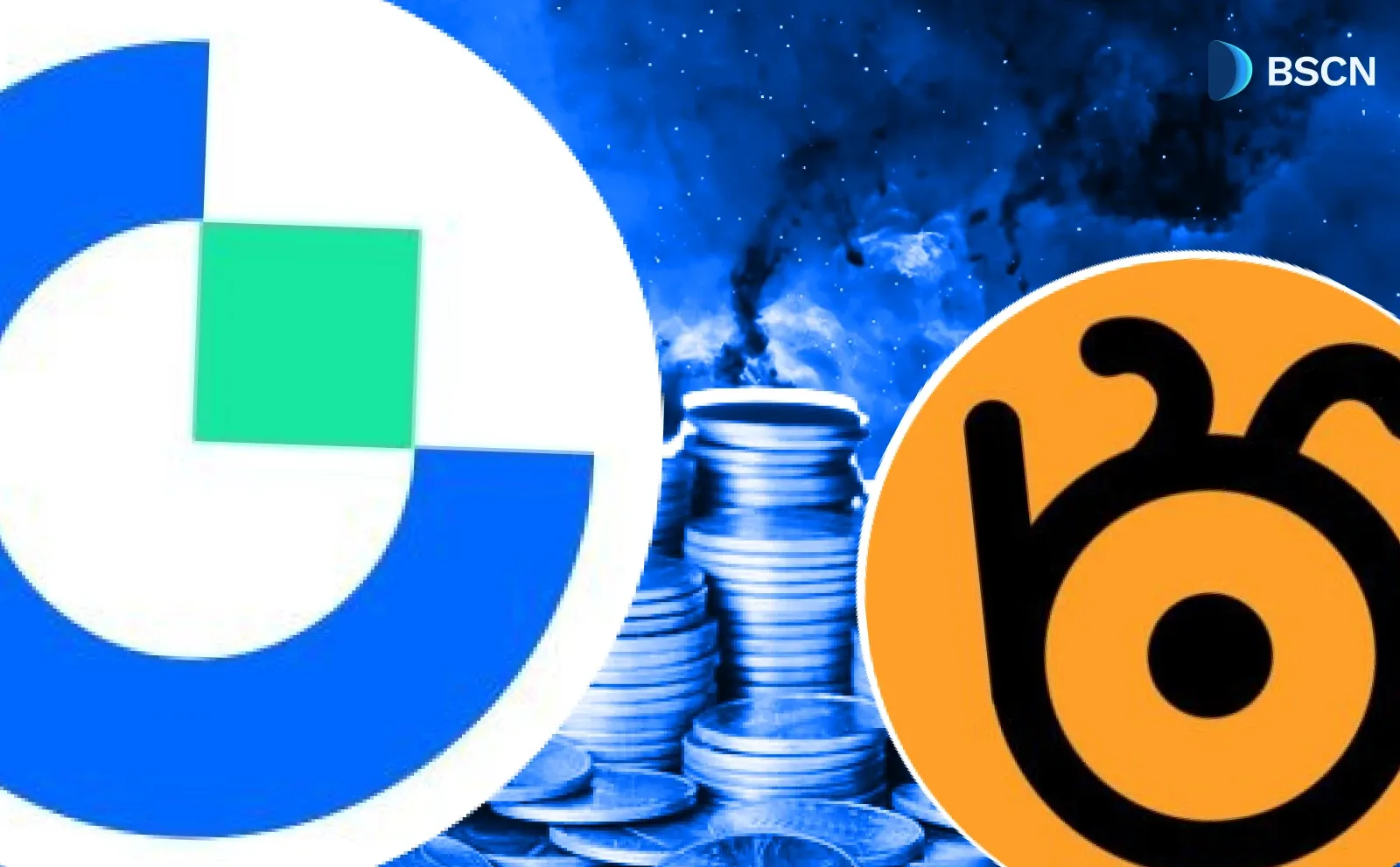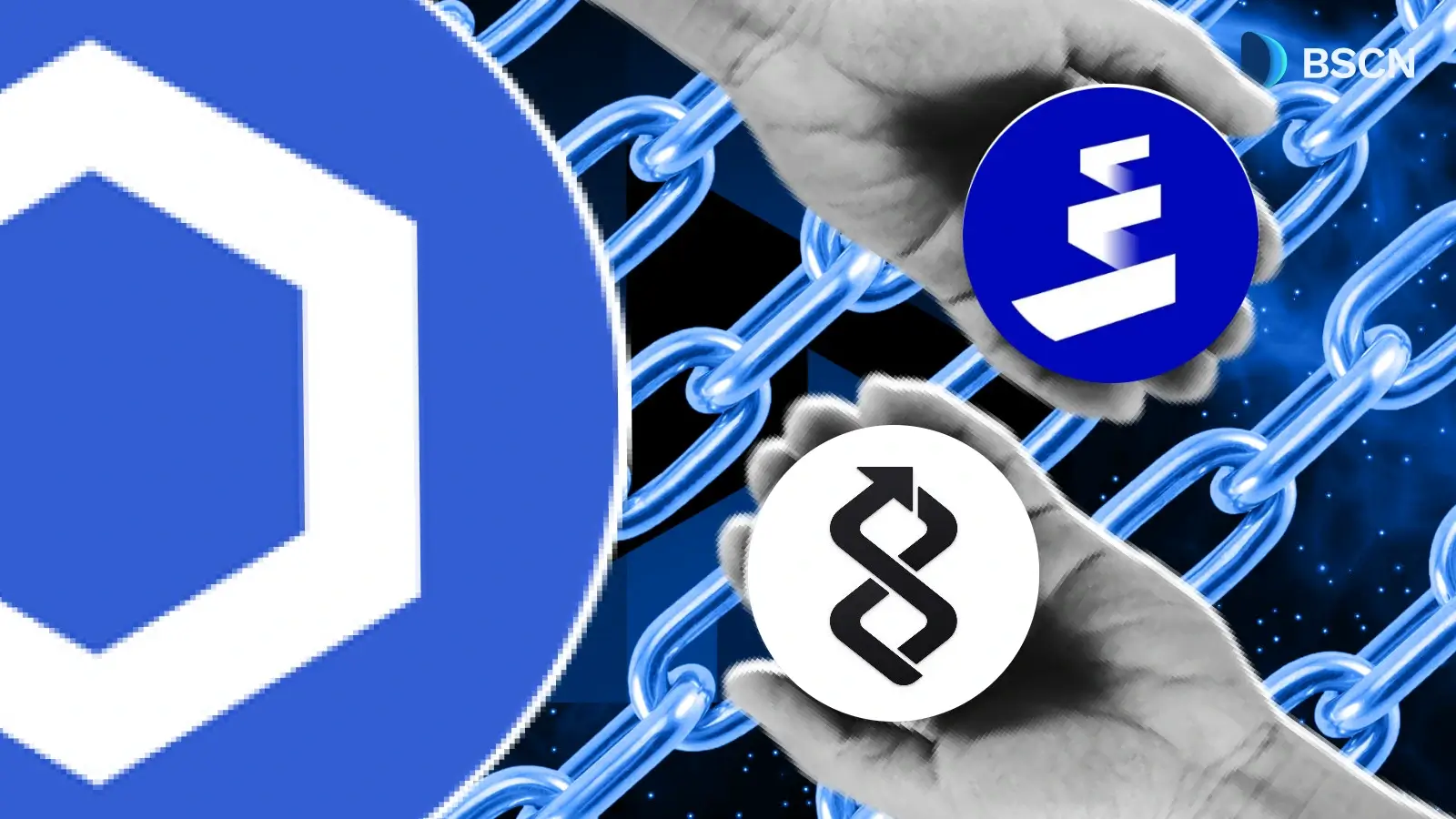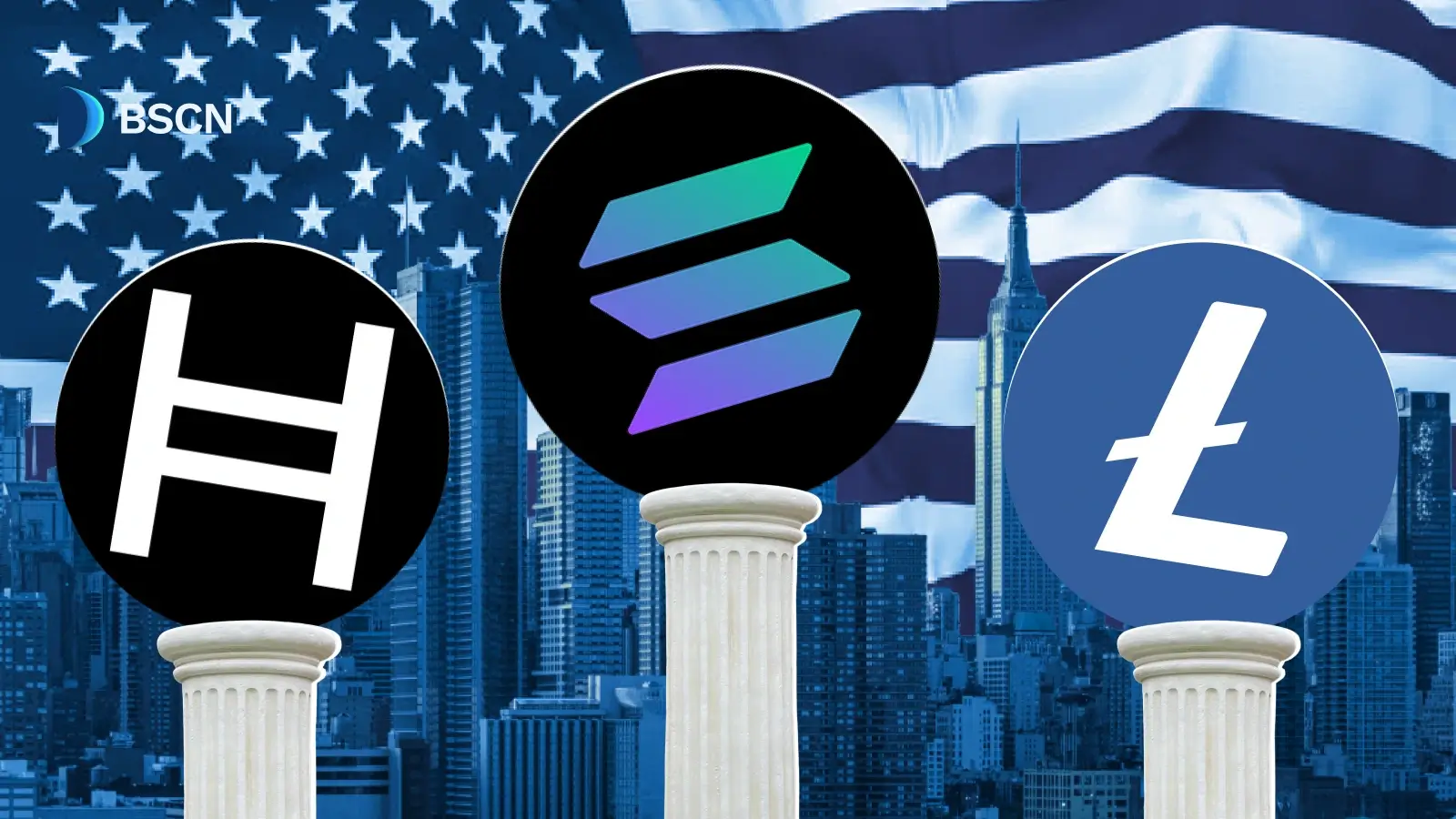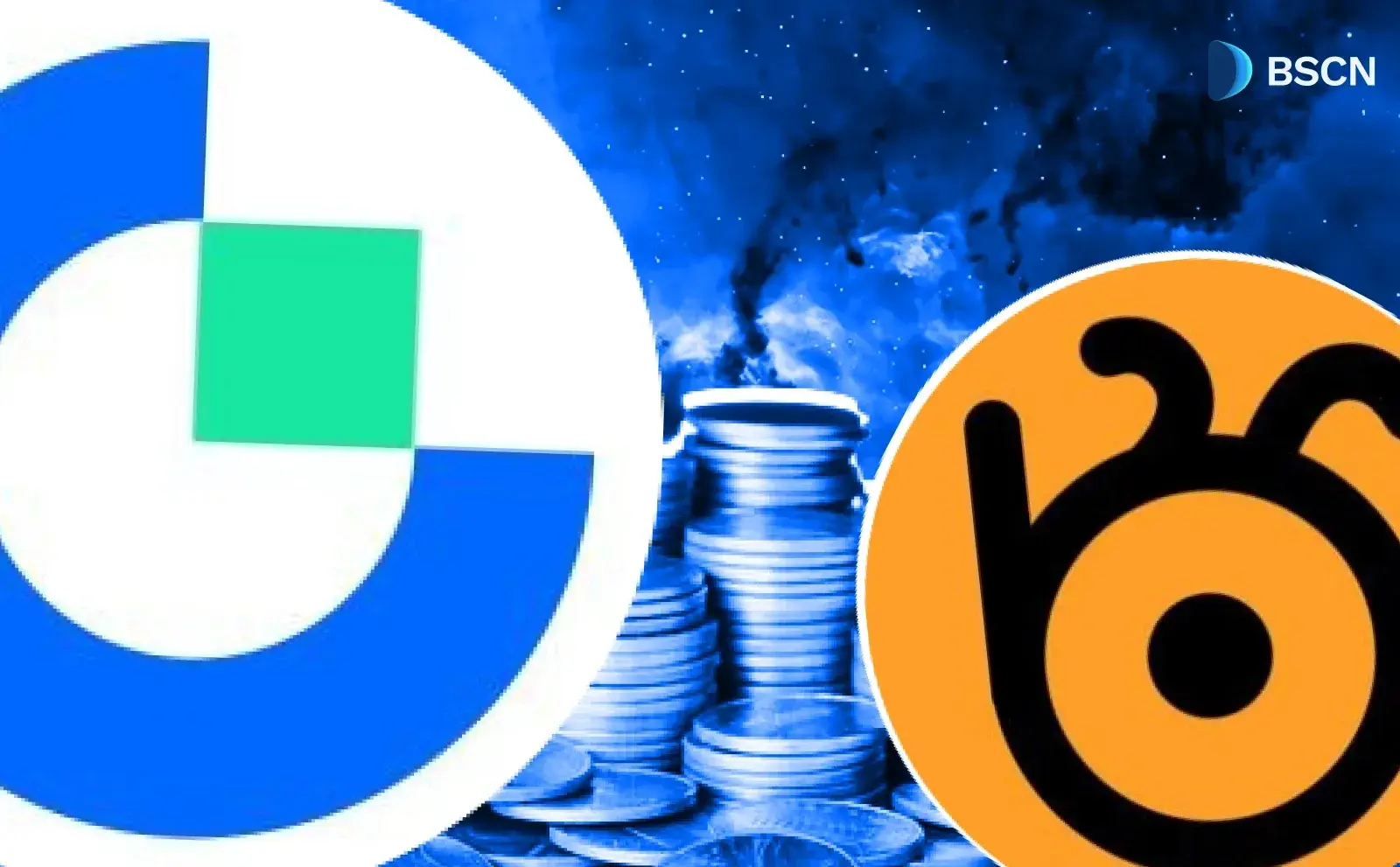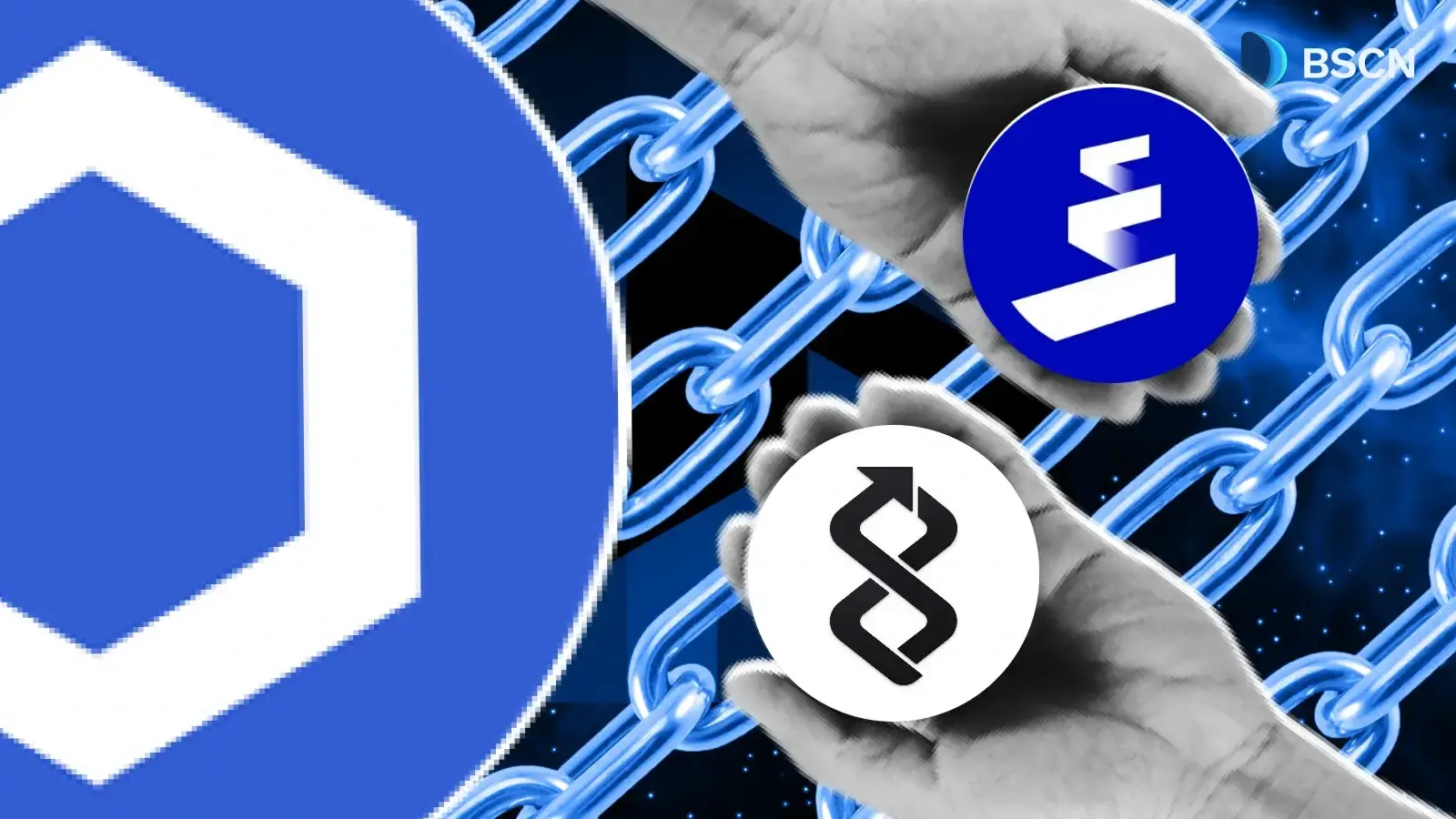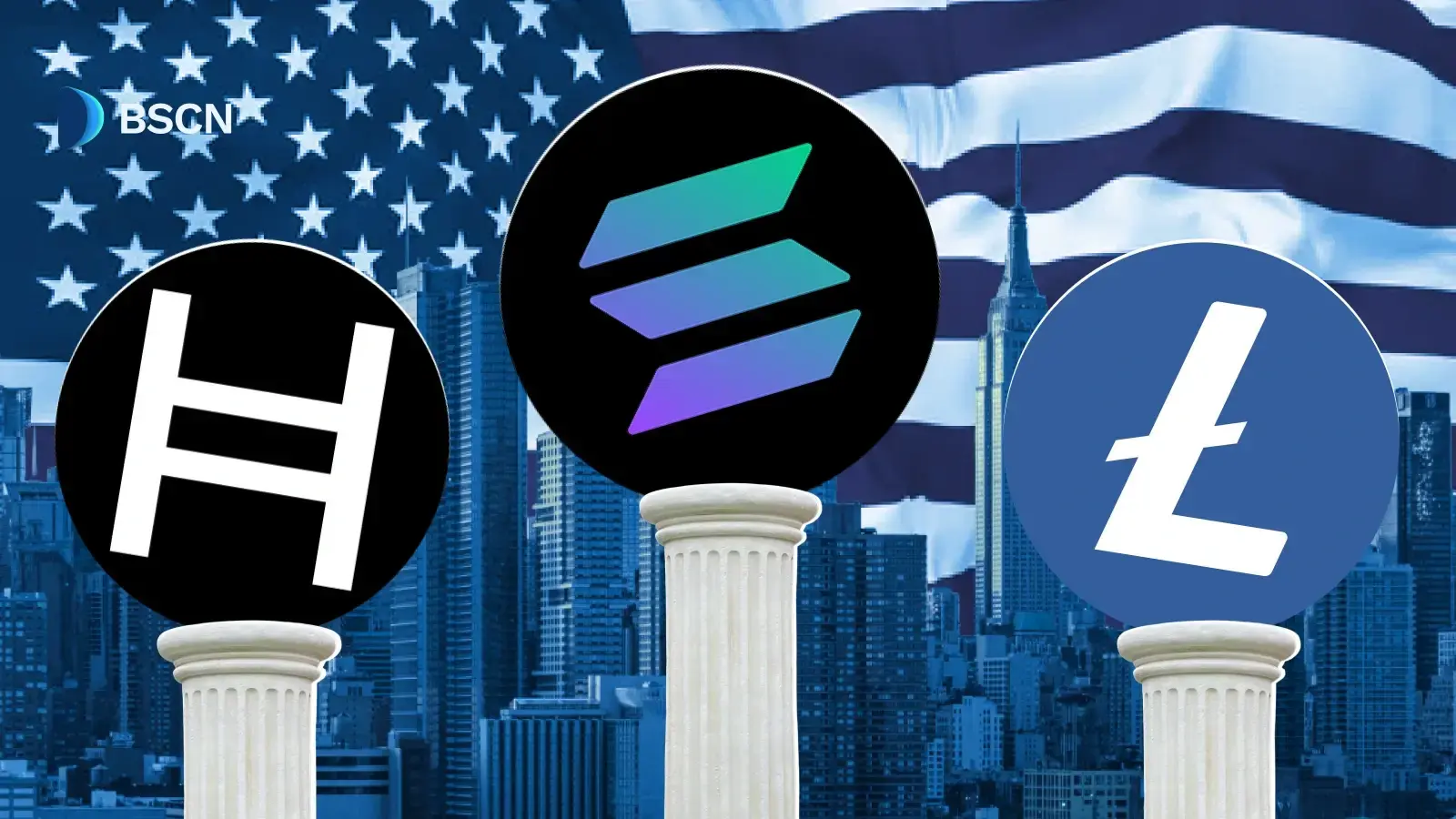PROMO
(Advertisement)
The iGaming Scene in Sweden - Achieving Success Amidst Regulatory Hurdles

Explore the iGaming market in Sweden, uncovering strategies for success while navigating strict regulations and understanding the preferences of Swedish online gamblers.
BSCN
June 2, 2024
(Advertisement)
Sweden's iGaming sector stands out for its regulations, offering opportunities for operators who can navigate its intricate landscape. Success largely depends on selecting tech partners to enhance player experiences while adhering to guidelines. This article delves into the state of Sweden's iGaming industry, its environment, advertising norms, and strategies for running this modern business.
Growth of Sweden’s iGaming Industry
In recent years, the iGaming sphere in Sweden has seen significant growth. In 2017 the gross gaming revenue (GGR) reached €0.52 billion. Projections suggest that the gross gaming revenue (GGR) will increase to €1.69 billion by 2024 and reach €2.15 billion by 2028. The number of players increases, with 72% of Swedes engaging in gambling activities in 2022 compared to 58% in 2018.
Despite its dynamics, the industry faces an 18% tax on gaming revenues, contributing €720 million to the Treasury in 2021. This tax includes funds collected from Svenska Spel AB, the state-owned entity offering lotteries, sports betting, and casino games.
Regulations Regarding Online Betting in Sweden
In January 2019, the Swedish Gambling Authority (Spelinspektionen, or SGA) took control of the country's gambling landscape, leading to a shift in gambling regulations within Sweden. The SGA's primary focus is on promoting transparency in the gaming sector while addressing concerns about gambling behaviour and problem gambling.
The SGA oversees three main areas:
- Online gaming and betting;
- State-controlled live casinos and cash machines;
- Lottery and bingo.
Among these, online casinos like Twin casino SE hold the largest market share, followed by sports betting and lotteries. Sweden's gambling activities are regulated by a framework based on several key laws, like the Swedish Gambling Act, the Gambling Ordinance, etc.
The Gambling Act will undergo amendments in April 2024 to strengthen consumer protections. These changes involve obtaining approval for phone-based gaming and utilizing customer data to prevent gambling. Additionally, a proposal is to raise the gambling tax rate from 18% to 22% of gross gaming revenue (GGR) to maintain a channelization rate.
Advertising Rules for Gambling in Sweden
Sweden permits the advertising of all forms of gambling and betting, subject to strict regulations. Marketing practices emphasize moderation by promoting only licensed games and lotteries. Advertisements must not target minors, excluded individuals, or those struggling with gambling issues.
Before advertising a gambling site in Sweden, operators must meet specific criteria:
- Use a .se domain;
- Conduct transactions in Swedish currency;
- Present information in Swedish;
- Provide Swedish customer service.
Operators can only offer a welcome bonus, and violations of this rule have resulted in substantial fines. Compliance with self-exclusion services like Spelpaus.se and displaying the Spelinspektionen's logo are mandatory.
Preferences of Swedish Online Gamblers
In a study carried out in 2023 by the Swedish Gambling Authority, interesting patterns were found among Swedes who gamble online:
- Each week, around 14% of Swedish people participate in gambling or casino games.
- Every quarter, 31% of them engage in online gambling.
- Half the players prefer to stick to just one type of online game.
- Men are twice as likely as women to partake in gambling.
Sweden's gambling industry is propelled by the nation's economy and high disposable income levels. Moreover, the widespread cultural acceptance of gambling within Sweden contributes significantly to the market's expansion.
Popular Games and Sports in Sweden
A 2018 survey revealed that the most popular online gambling activities in Sweden are as follows:
- Lotteries and number games (60%);
- Horse racing and sports betting (36%);
- Casino games (20%);
- Bingo (11%);
- Poker (7%).
eSports is rapidly gaining popularity, positioning Sweden as a leader in the industry alongside China, the USA, Germany, and the UK.
The Future of Gambling in Sweden
Licensed operators offering superior products and services can capture a larger market share despite limitations. Differentiation through an enhanced betting experience is crucial for success. While regulatory changes continue to shape the landscape, Sweden's market growth indicates a promising future for serious operators.
Conclusion
It's crucial to grasp the rules and develop ways to improve player satisfaction to succeed in Sweden's iGaming sector. Following regulations and effectively utilizing technology can help operators thrive in this evolving and profitable market. The continuous shifts in regulations and market expansion emphasize the importance of remaining flexible and innovative to stay ahead of the competition.
Disclaimer: This is a paid press release. BSC.News does not endorse and is not responsible for or liable for any content, accuracy, quality, advertising, products, or other materials on this page. The project team has purchased this advertisement article for $650. Readers should do their own research before taking any actions related to the company. BSC.News is not responsible, directly or indirectly, for any damage or loss caused or alleged to be caused by or in connection with the use of or reliance on any content, goods, or services mentioned in the press release.
This PR may contain links to online sports betting and gambling websites that are not affiliated with BSCN. Recognizing that the laws and regulations involving online gambling and online sports betting are different everywhere, you expressly acknowledge and agree that it is your sole responsibility and obligation to ensure that any online gambling or sports betting activities that you undertake are legal in your relevant jurisdiction.
Read Next...
(Advertisement)
Latest News
(Advertisement)
Crypto Project & Token Reviews
Project & Token Reviews
Comprehensive reviews of crypto's most interesting projects and assets
Learn about the hottest projects & tokens
Latest Crypto News
Get up to date with the latest crypto news stories and events






